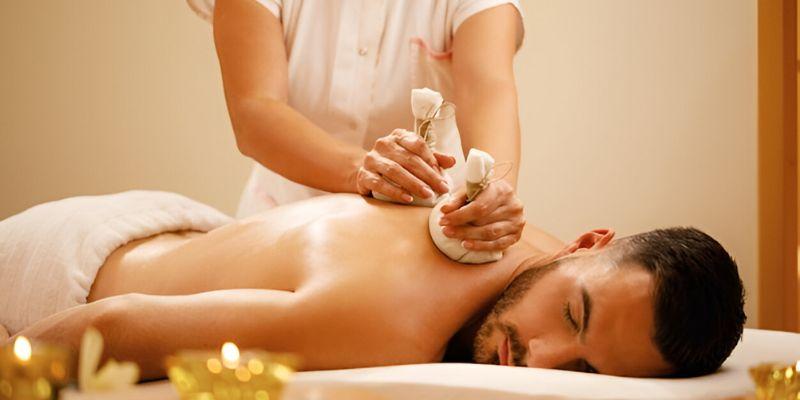After an intense workout whether it’s heavy lifting, HIIT, or a long-distance run it’s normal to feel sore. But when the soreness lingers for days, affects your sleep, or limits your mobility, it’s a sign that your body is asking for recovery support.
This pain, called as Delayed Onset Muscle Soreness, typically peaks 24–72 hours after exercise. It happens due to tiny muscle fiber tears, inflammation, and lactic acid buildup. While rest is crucial, active recovery strategies, especially spa-based therapies, can speed up healing, reduce pain, and improve future performance.
What Your Muscles Actually Need After a Tough Workout
Many people assume recovery is just about taking time off. In reality, muscle repair requires oxygen, nutrients, and proper circulation. Without these, tightness builds, performance dips, and injury risk increases.
The right spa treatments provide:
- Improved blood flow, which removes metabolic waste
- Loosened fascia and connective tissue, restoring range of motion
- Reduced inflammation, calming overworked areas
- Parasympathetic activation, helping the body shift out of stress mode
For gym-goers, athletes, or those training regularly, spa sessions can move from being occasional treats to an essential part of the recovery cycle.
Effective Spa Therapies for Muscle Relief
1. Deep Pressure Muscle Therapy
This isn't about relaxation, this is targeted work. Deep muscle therapy uses slow, concentrated pressure on tension-prone areas such as the quads, hamstrings, calves, and shoulders. It helps release knots, improve mobility, and reduce stiffness post-training.
Especially helpful for:
- Weightlifters experiencing tight glutes or lower back tension
- Runners with calf and hamstring tightness
- Crossfit athletes with shoulder strain
It’s best to schedule this 1–2 days after a hard workout to reduce soreness without interfering with natural repair.
2. Passive Stretch + Heat Therapy
This therapy combines full-body assisted stretches with mild heat, allowing muscles to elongate without resistance. The warmth improves flexibility while the guided stretching relieves pressure in tight joints.
Perfect for:
- People with limited flexibility
- Athletes needing better range of motion
- Office workers combining gym sessions with long hours of sitting
If you’re looking for a Spa in Chennai that supports muscle-focused therapies without requiring long appointments, consider places that offer express recovery services.
3. Foot and Leg Reflex Release
Often overlooked, the feet and legs bear the brunt of physical activity. This therapy stimulates specific pressure points along the feet, ankles, and calves, helping reduce inflammation and boost circulation through the lower limbs.
Ideal for:
- Runners and cyclists
- Gym-goers who stand for long periods
- Fitness professionals with heavy training schedules
Many clients report lighter legs and better sleep after just 30 minutes of this therapy.
What Makes Spa Recovery Different From Home Remedies?
While foam rolling, stretching, and ice packs are useful, they’re limited in how deep they go. Spa therapies use:
- Trained therapists who can isolate problem areas
- Warm environments that relax both muscles and the nervous system
- Structured sessions designed to balance and recover, not just relieve pain temporarily
Unlike self-care routines, spa-based recovery is both proactive and corrective, targeting the real cause of stiffness, not just the symptom.
When Should You Schedule a Recovery Session?
Timing matters. To get the best results:
- Book within 48 hours of intense training for optimal relief
- Choose lighter techniques if soreness is at its peak
- Stick to deeper pressure once acute pain subsides
Even two sessions a month can dramatically reduce your recovery time, prevent injury, and improve training consistency.
If you're based near fitness hubs, finding a Spa in Velachery that understands athlete recovery can be a game-changer. Many local centers now offer post-workout packages designed specifically for fitness-focused clients.
Consistency Beats Intensity
A good workout feels great but being sore for days shouldn’t be part of the routine. Ignoring muscle tension or stiffness might work in the short term, but over time, it reduces flexibility, increases injury risk, and slows progress.
For those who are serious about their exercise, recovery is no longer optional. You may workout more intensely, recover more quickly, and feel better by including the appropriate spa treatments into your regimen.

